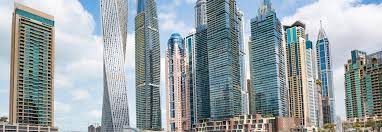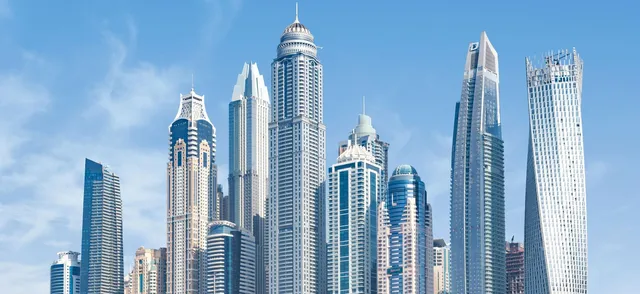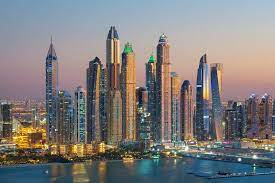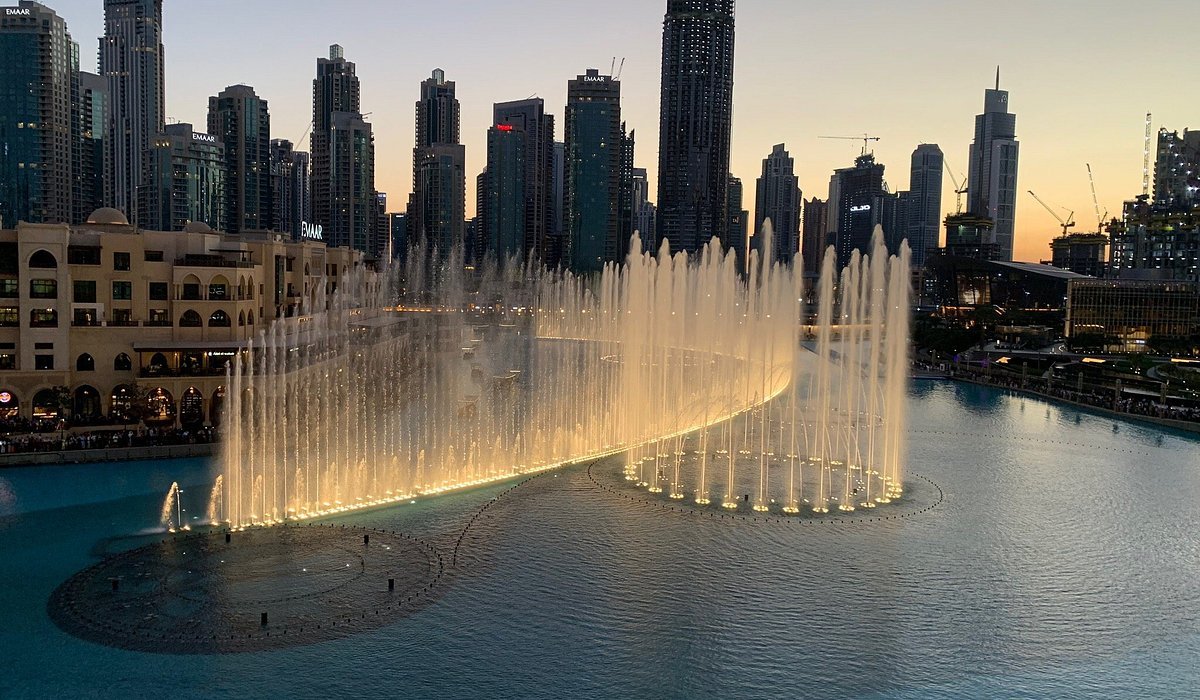Now Reading: Middle Law in Dubai: What Every Expat Must Know Today 2025!
-
01
Middle Law in Dubai: What Every Expat Must Know Today 2025!
Middle Law in Dubai: What Every Expat Must Know Today 2025!

Dubai is famous for its tall buildings, luxury lifestyle, and fast-growing economy. But behind this amazing city is a strong legal system that keeps everything in order. One important part of this legal system is something called “Middle Law” — a concept that is becoming more popular among businesses, residents, and investors in Dubai. But what exactly does this term mean, and why is it important for anyone living or working in Dubai to understand?
In this article, we will explain what Middle Law is, why it matters, and how it can affect you — whether you are a tourist, business owner, investor, or someone who plans to live in Dubai.
What is Middle Law?

“Middle Law” in Dubai refers to the blend of Western legal principles and traditional Islamic law (Sharia). Dubai has developed its legal system carefully to balance both systems. This is important because Dubai is home to people from more than 200 countries, making it one of the most international cities in the world.
The government of Dubai understands that to attract businesses and foreigners, it needs laws that make people feel safe, protected, and fairly treated — while also respecting the Emirati culture and Islamic traditions.
So, Middle Law is not an official term in Dubai’s legal books but is commonly used by business experts and legal professionals to describe this hybrid legal system — a system that is “in the middle” between two major world legal traditions.
Why is Middle Law Important?
1. For Foreign Investors and Companies
Dubai wants to remain the number one place for global business in the Middle East. That is why it introduced Free Zones, like Dubai International Financial Centre (DIFC), where companies can enjoy Western-style business laws — laws that are based on English Common Law. This makes it easy for foreign businesses to operate because they do not need to worry about traditional Sharia-based rules when doing things like setting up a company, resolving disputes, or hiring staff.
But outside of these Free Zones, businesses still follow the UAE Civil Law, which has Sharia influences in areas like family law and inheritance. Middle Law ensures there is a balance between these systems.
2. For Tourists and Residents
If you live or visit Dubai, Middle Law affects daily life too. Family matters, personal behavior, drinking alcohol, dressing, and public conduct — all have rules guided by both modern law and Islamic traditions. For example:
- Drinking alcohol is allowed, but only with a license.
- Public displays of affection are discouraged.
- Marriage, divorce, and inheritance laws depend on whether you are Muslim or non-Muslim.
In recent years, Dubai’s government has made these laws more flexible for foreigners — another example of Middle Law at work. For example, non-Muslim expats can now handle family and personal affairs under their home country’s laws if they choose.
3. For Digital and New Economy Sectors
Dubai is also growing fast in tech, finance, and AI industries. Middle Law plays a role here too. Special laws in places like DIFC and Dubai Internet City allow startups to operate under clear and familiar international rules. This encourages venture capital investments, fintech companies, and cryptocurrency firms to set up their headquarters in Dubai without fear of unclear local laws.
Examples of Middle Law in Action
The Dubai International Financial Centre (DIFC)
- DIFC runs its own courts with judges from countries like England, Singapore, and Australia.
- These courts follow common law — similar to the UK and US systems.
- Business disputes, contracts, and corporate governance in DIFC are based on international standards.
Family and Personal Law for Non-Muslims
- In 2020, Dubai introduced new laws allowing non-Muslims to get married, divorced, and distribute inheritance according to their home country’s laws.
- This makes life easier for the huge expat population (nearly 85% of Dubai’s residents are foreigners).
Golden Visa and Property Law
- Foreigners can now own 100% of businesses in many sectors without needing a local Emirati partner — a major shift from the past.
- Long-term Golden Visas are offered to investors, skilled professionals, and even talented students — encouraging them to make Dubai their home.
Is Middle Law Changing Dubai’s Future?
Experts believe Middle Law is a key reason why Dubai remains a global hub. The balance of systems brings trust, clarity, and flexibility for all types of people — from big companies like Amazon and Microsoft to small entrepreneurs and families looking to settle down.
Even the real estate market, which once had strict foreign ownership rules, now welcomes global investors with easy property laws. This change shows how Middle Law is shaping the city’s economic future.
Legal scholars say that Dubai’s Middle Law model may become an example for other Gulf countries, like Saudi Arabia and Qatar, as they also open their markets to foreign talent and investors.
Challenges of Middle Law

Of course, there are challenges too:
- Some foreigners may still be unaware of certain Sharia-influenced laws that apply outside the Free Zones.
- Family law changes are still being rolled out, and not every case is simple.
- Business disputes between companies inside and outside Free Zones may face jurisdiction issues.
That is why experts advise both residents and business owners to consult local legal professionals before making decisions.
Conclusion
Dubai’s “Middle Law” system is a smart mix of tradition and modernity. It keeps the city’s culture and values intact while opening doors for global businesses and foreign residents. Whether you are planning to start a business, invest, or live in Dubai, understanding Middle Law will help you succeed without surprises.
As Dubai moves toward its Vision 2030 goals — aiming to become the world’s most innovative city — Middle Law will remain at the heart of its success story.
Read More:- Shobha Realty Launches Its Most Luxurious Project Yet—Full Details Inside 2025



















